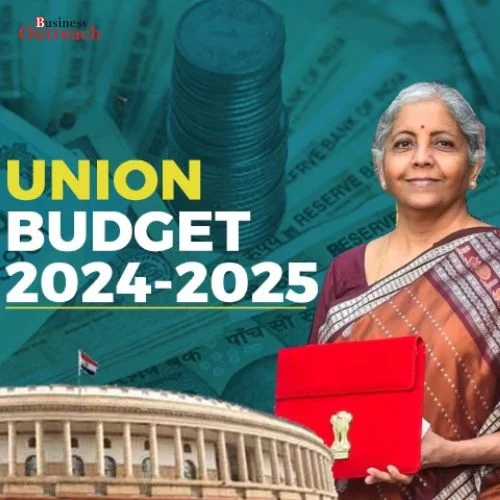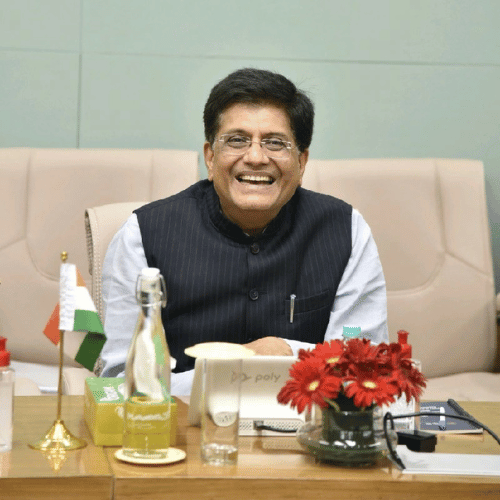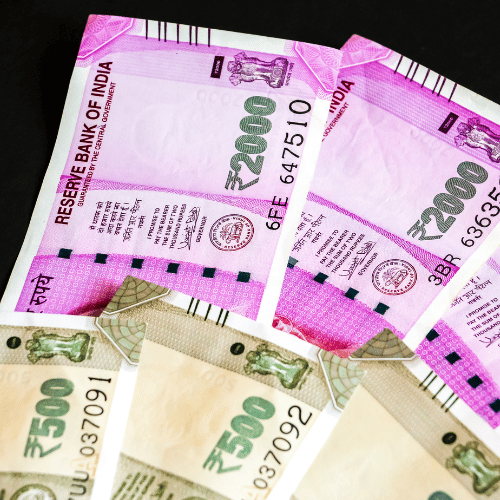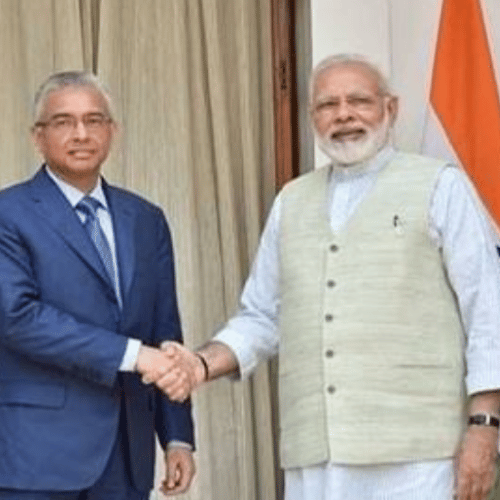India may set aside almost 4 trillion rupees ($48 billion) for food and fertilizer subsidies in the next fiscal year, showing budgetary conservatism ahead of the 2024 Lok Sabha elections, according to two government officials reported by Reuters.
India’s entire budget expenditure for the current fiscal year, which ends on March 31, is 45 trillion rupees, with food and fertilizer subsidies accounting for around one-ninth of that figure.
According to the Ministry of Consumer Affairs, Food, and Public Distribution, the cost of food subsidies in 2019 is expected to be 2.2 trillion rupees ($26.52 billion). This is a 10% increase above the expected expenditure for the current fiscal year, 2023-24, of over 2 trillion rupees ($24.11 billion).
Furthermore, the fertilizer subsidy for the forthcoming fiscal year is expected to be 1.75 trillion rupees ($21.10 billion), lower than the present projection of about 2 trillion rupees for the fiscal year 2022-2023, according to one of the sources, who spoke on the condition of anonymity.
Union Finance Minister Nirmala Sitharaman will release the interim budget for 2024-25 on February 1.
Prime Minister Narendra Modi is poised to win a historic third term in the April and May polls, but retaining present combined subsidies would be rare for a government facing a national election in a few months.
Also, limiting food and fertilizer subsidies is critical for controlling India’s budget deficit, which Modi’s administration aims to keep at 5.9% of GDP this year and reduce by at least 50 basis points in the fiscal year 2024-25.
Given that the Modi government extended its popular free food welfare program for another five years late last year, the cost of food subsidies is expected to rise in the following year.
India administers its multibillion-dollar food welfare program, the world’s largest such project, by purchasing rice and wheat from millions of home farmers at state-set minimum or guaranteed prices and then distributing the commodities for free to 800 million Indians.
A budget, as defined by Investopedia, is a spending plan that forecasts income and costs over a certain period. Budgets may be used by people, corporations, and governments.
Budgets help control spending and keep funds on pace. Budgeting is an important procedure for companies since it ensures that there is enough money to keep the company functioning, growing, competing, and having an emergency fund.















